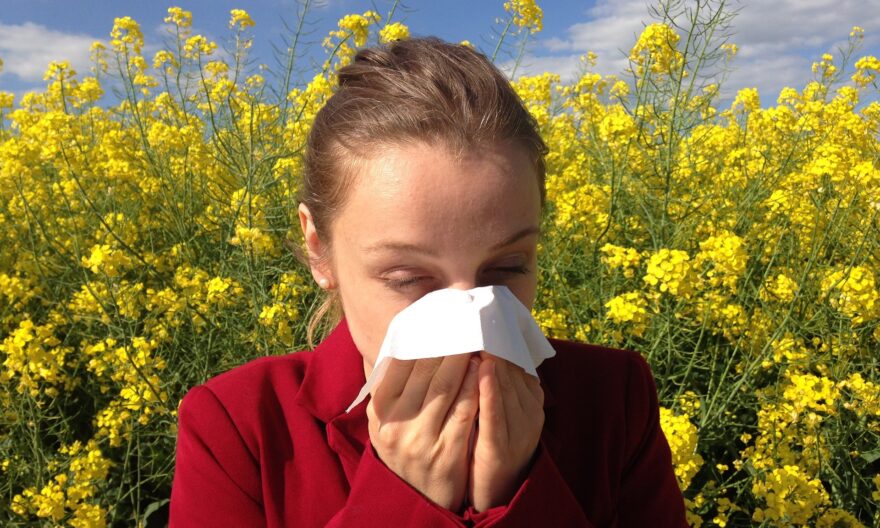
A new study has found that allergy season could become longer and more intense due to climate change. This is because higher temperatures are linked to more pollen.
The study, which was carried out by researchers at the University of Michigan, found that rising global temperatures could mean increased pollen production from trees, grasses, and weeds.
This could make allergy season more severe for many sufferers. It could also mean allergies flare up for longer periods of time because of extended high temperatures.
Under the Paris Agreement, which was introduced in 2015, world leaders have agreed to aim to keep global temperature increases at less to 2 degrees above pre-industrial levels.
Air pollution, which is a major contributor to climate change, is already well-known for causing many health problems, including a higher chance of developing respiratory or cardiovascular problems and an elevated risk of pregnancy complications.
The effects of climate change on allergies
The researchers conducted this study to better understand how increases in global temperatures could impact those already affected by allergy season.
To do this, they explored climate data collected between 1995 and 2014. Then, they created a predictive model to understand how changes in temperature affected the production of over a dozen different types of pollen that are known to trigger allergies in some people.
They also used this data to look for patterns and understand how climate change is linked to allergies, and how this could play out between now and the end of the century.
From the data they had available, the researchers predicted that, by the end of this century, allergy season is likely to start just over a month earlier as higher temperatures mean a boost in pollen production – and this process could end up starting earlier if current trends continue.
In addition to this, pollen production could be 200% higher at the end of this time period, which would make allergy symptoms, like watering eyes, sneezing, and runny noses, more severe and last much longer than they do now.



